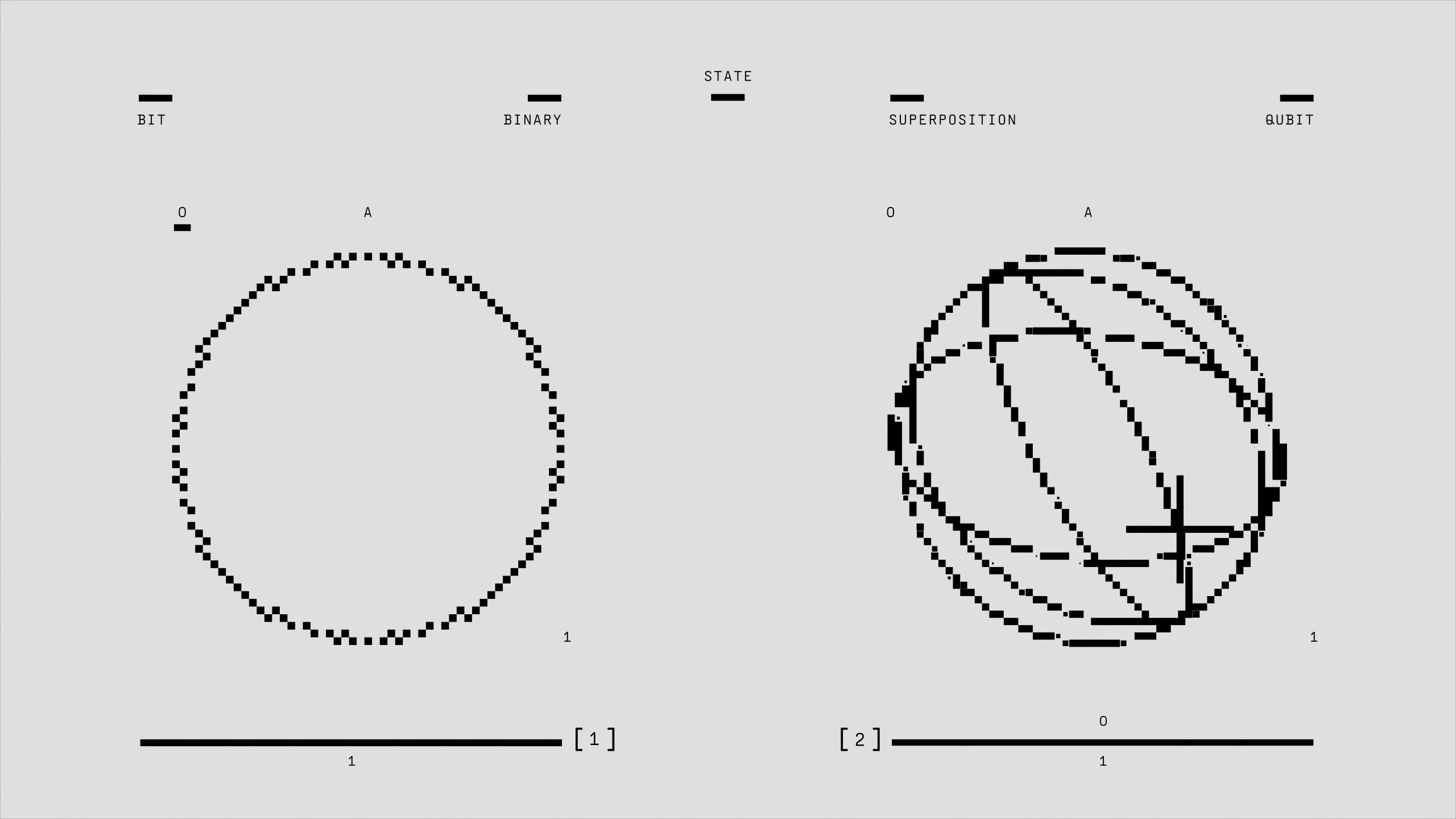What if we trained a logic AI from absolute zero—without even giving it math or physics?
Exploring the Frontier of Logic-Based AI: A Zero-Data Approach
Imagine a world where artificial intelligence is trained from the ground up, entirely devoid of any preconceived notions. What if, rather than providing foundational principles of mathematics, physics, or language, we allowed a logic-based AI to develop its own understanding through sheer exploration and interaction with its environment?
This intriguing concept was sparked by my recent reading of the paper titled “Absolute Zero: Reinforced Self-Play Reasoning with Zero Data.” In this pioneering research, the authors delve into the world of AI that learns entirely from its own created tasks, rather than relying on human-annotated datasets. By solving these self-generated problems and validating its outcomes through coding, this model represents a significant advancement in self-supervised logic systems.
Contemplating this concept further led me to consider an even bolder approach—training an AI not just with “zero data,” but with zero foundational assumptions. Picture it: an AI navigating a completely raw environment where it must innovate entirely from scratch. The implications could be profound.
A New Framework for AI Development
What if we required this AI to:
- Create Symbolic Representations: Instead of supplying it symbols, the AI would devise its own.
- Establish Logic Structures: The AI would articulate its own logical frameworks for reasoning.
- Develop Number Systems: Without predetermined bases, the AI might invent varied systems—perhaps base-3, base-12, or even dynamic bases that shift contextually.
- Formulate Causal Models: It would hypothesize causal relationships and test them through self-play.
Once the AI had crafted a functional epistemology based on its own discoveries, we could then introduce tangible real-world data. This raises fascinating questions:
- Re-Discovering Physics: Will the AI arrive at the laws of physics as we understand them, or might it propose something entirely new but cohesive?
- Alien Intelligence: Could this AI present insights on causality, space, or energy that differ fundamentally from human logic?
- Rethinking Established Theories: Rather than mirroring human cognition, this AI could inspire radical new approaches to concepts like nuclear fusion and quantum theory.
Discussing Feasibility and Implications
This idea begs further exploration. Consider the following discussion points:
- Technical Feasibility: Is it realistic to implement such an approach with today’s technology?
- Required Environments:














Post Comment